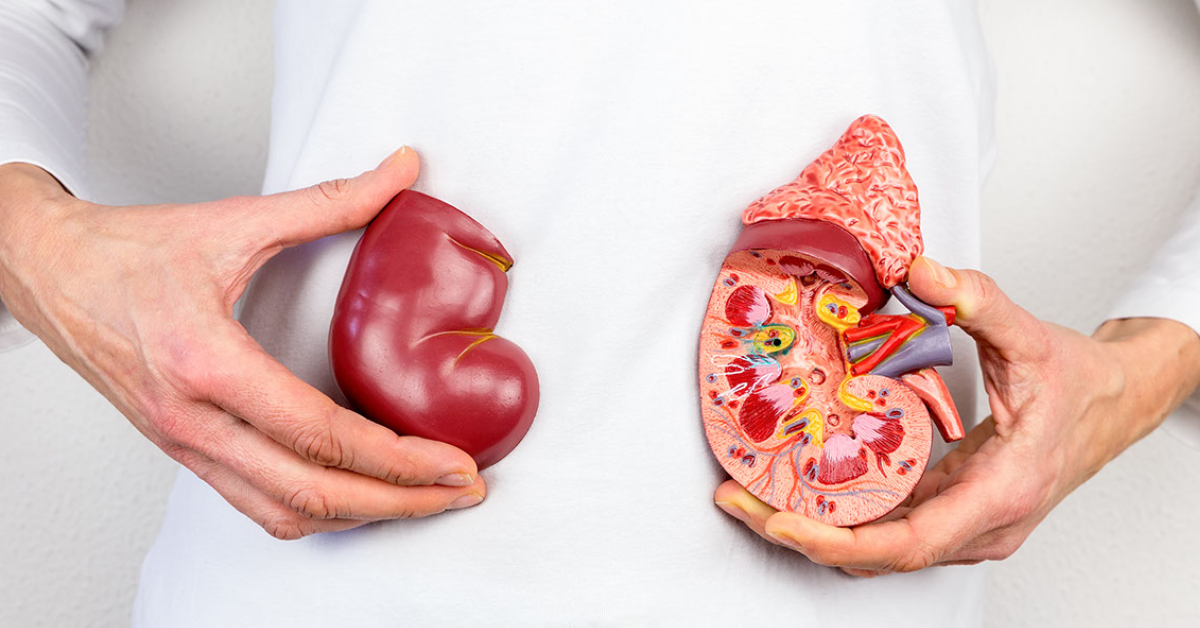First Degree, Second Degree & Near Relative in Organ Transplant
Organ transplant laws in India, governed by the Transplantation of Human Organs and Tissues Act (THOTA), emphasize the importance of familial relationships for living donations. This emphasis is due to both genetic compatibility and the emotional bonds that exist within families. Here’s how first-degree and second-degree family members, as well as spouses, are relevant in the context of organ transplant laws in India:
1. First-Degree Family Members
First-degree relatives are those who share about 50% of their genes with a specific individual. These relationships are the closest and include the following:
1. Parents:
- Mother and father of the individual.
- Each parent contributes half of the individual’s genetic material.
2. Siblings:
- Brothers and sisters.
- Full siblings share both parents, thus approximately 50% of their genetic material.
- Half-siblings, who share only one parent, are often still considered first-degree in many contexts, but they share about 25% of their genetic material.
3. Children:
- Sons and daughters of the individual.
- Each child receives half of their genetic material from the individual.
2. Second-Degree Family Members
Second-degree relatives share about 25% of their genes with an individual. These include:
- Grandparents
- Grandchildren
- Aunts and Uncles
- Nieces and Nephews
- Half-Siblings
Relevance in Organ Transplant Laws in India:
Genetic Compatibility:
- Still a Good Match: Second-degree relatives can offer a good match for organ transplantation, which is especially important if first-degree relatives are not suitable or available donors
Legal and Ethical Considerations:
- Ethical Approval: Transplant centers and legal frameworks in India require thorough ethical reviews and psychological assessments when second-degree relatives are involved, ensuring that the donation is voluntary and informed.
- Consent Process: Legal consent and approval processes can be more complex but are well-defined to protect the rights and well-being of both the donor and recipient.
3. Spouse (Husband/Wife) as a Donor
Category: The spouse does not fall into the category of first-degree or second-degree relatives but is considered a “near relative” under Indian organ transplant laws.
Relevance in Organ Transplant Laws in India:
Legal Recognition:
- Near Relative: The spouse is legally recognized as a near relative under THOTA, allowing them to donate organs to their partner.
- Compatibility Testing: Although not genetically related, spouses can still be good matches due to compatibility in blood type and other medical factors.
Emotional and Psychological Support:
- The close emotional bond between spouses can provide significant psychological support during the transplant process, benefiting both the donor and the recipient.
- The close emotional bond between spouses can provide significant psychological support during the transplant process, benefiting both the donor and the recipient.
Consent and Approval:
- Informed Consent: The spouse must provide informed consent, understanding the risks and benefits of the donation.
- Authorization: The authorization process for spousal donation involves ethical review and sometimes additional scrutiny to ensure the absence of coercion.
Important Factors to Consider
Living Donor Regulations:
- Informed Consent: Both first-degree, second-degree relatives, and spouses must provide informed consent, understanding the risks and benefits of the donation.
- Medical Evaluation: Donors undergo comprehensive medical evaluations to ensure they are suitable candidates and can safely undergo the procedure.
Ethical Considerations:
- Voluntariness: The donation must be voluntary without any coercion, rigorously assessed, particularly in cases involving second-degree relatives and spouses.
- Conflict of Interest: Ethical guidelines prevent conflicts of interest, ensuring that the donation decision is made purely for the recipient’s benefit.
Financial Considerations:
- Prohibition of Payment: It is illegal to pay for organs in India, ensuring the donation process is ethical and not driven by financial incentives.
- Reimbursement: Donors may be reimbursed for reasonable expenses incurred due to the donation process, such as travel, lodging, and lost wages.
Psychological Support:
- Counseling: Both donors and recipients receive psychological support to help them cope with the emotional aspects of transplantation.
- Family Support Programs: Many transplant centers offer programs to support the entire family, recognizing the impact of transplantation on family dynamics.
To sum up, In India, understanding the distinctions between first-degree, second-degree family members, and spouses is crucial in the context of organ transplant laws. First-degree relatives are typically preferred due to their higher genetic compatibility and the close emotional bonds that facilitate the donation process. However, second-degree relatives and spouses also play significant roles, broadening the pool of potential donors and increasing the chances of finding a suitable match. Indian organ transplant laws and regulations ensure the safety, ethical integrity, and psychological well-being of both donors and recipients, regardless of their degree of relation.

